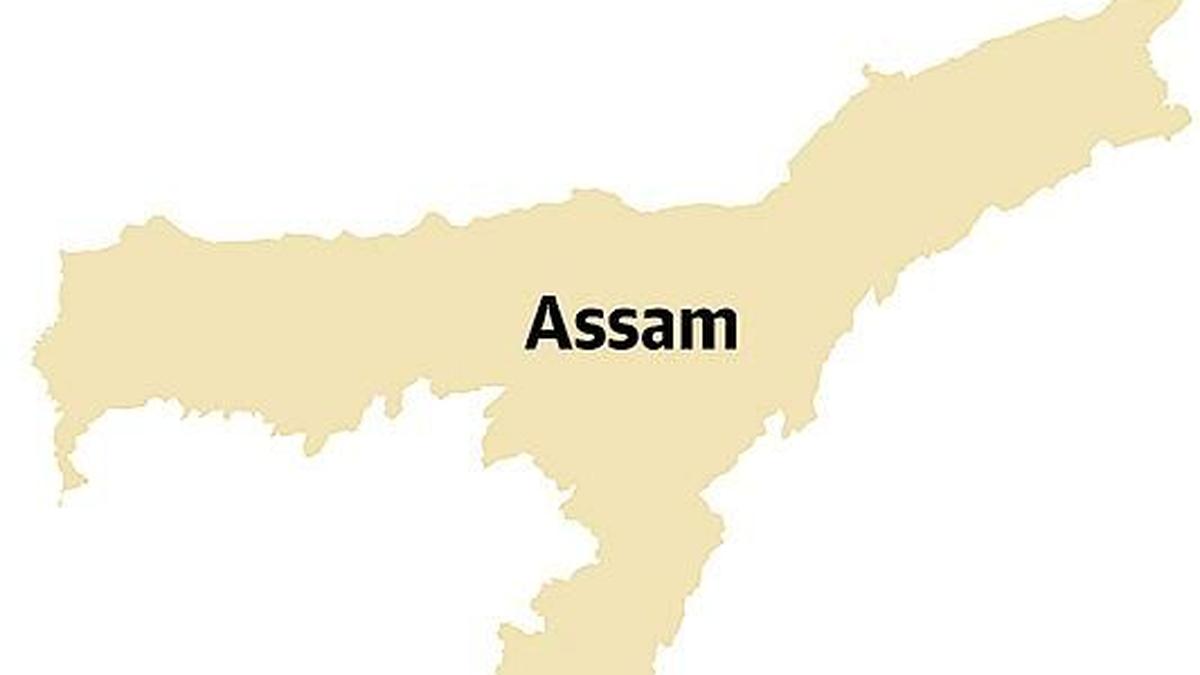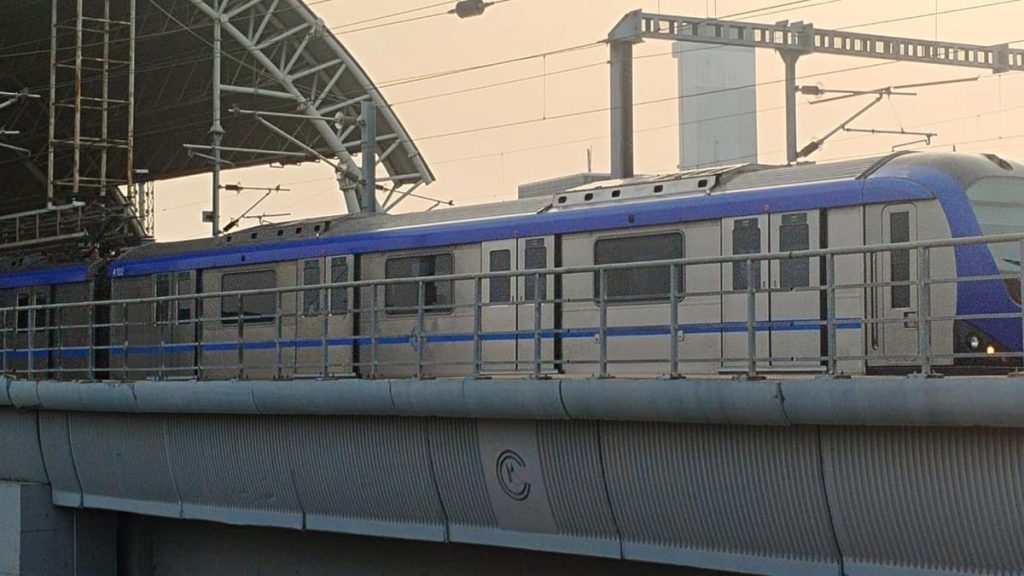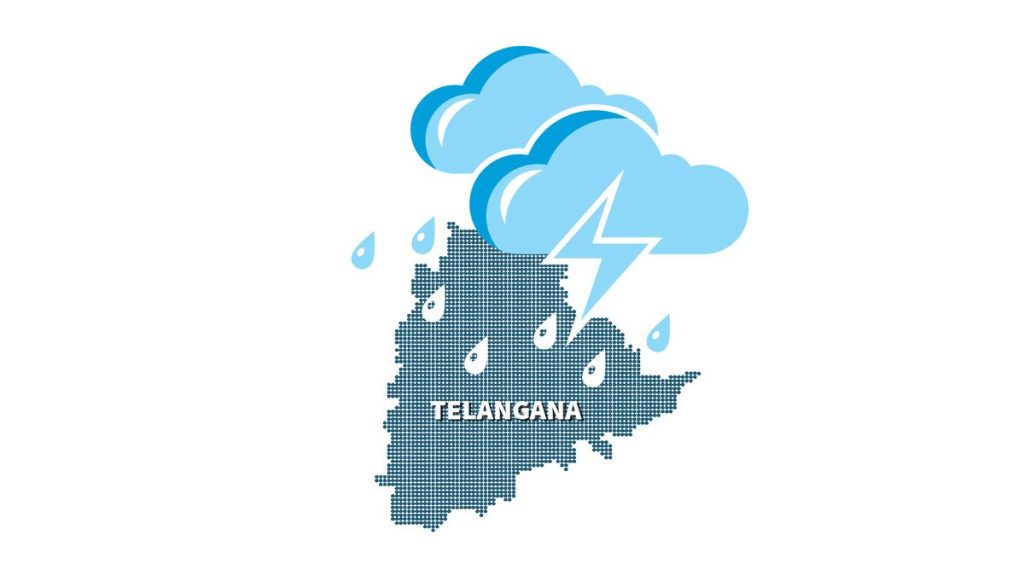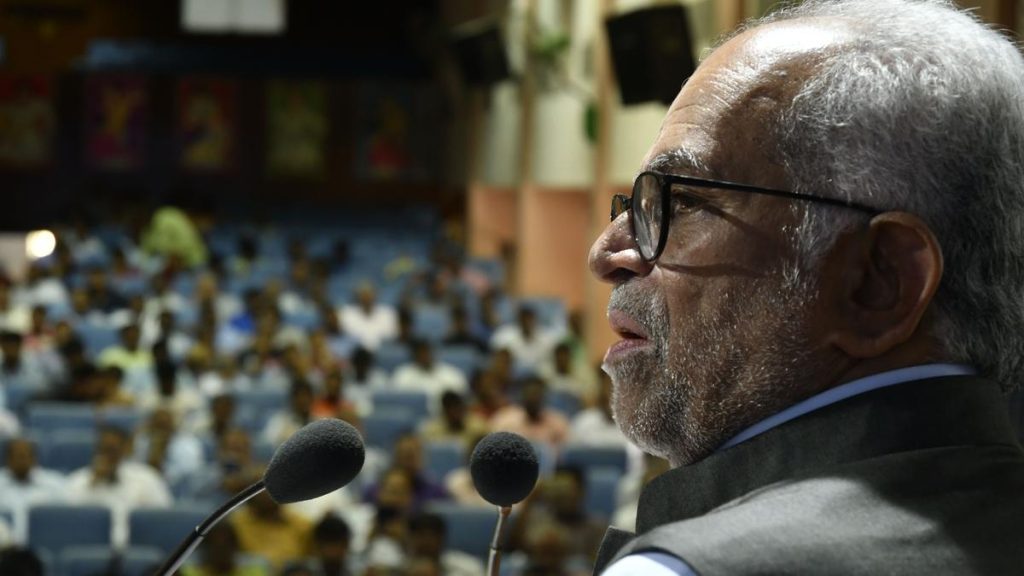Now Reading: Spotlight on Bodoland’s Political Stakes
-
01
Spotlight on Bodoland’s Political Stakes
Spotlight on Bodoland’s Political Stakes

Quick Summary:
- The Bodoland Territorial Region (BTR) was established in 2003 following a peace accord between the Government of India, government of Assam, and the Bodo liberation Tigers, leading to the creation of an autonomous bodoland Territorial Council (BTC).
- The Bodo Liberation Tigers restructured into the political party Bodoland People’s Front (BPF), which governed BTR until December 2020.
- A new peace accord in January 2020 with factions of the National Democratic Front of Boroland saw Pramod Boro emerge as a key player. He became president of United People’s Party Liberal (UPPL), which later formed a BTC coalition government with BJP and another regional party.
- in BTC’s 2020 polls, no single party achieved dominance. Key results:
– BPF: 17 seats
– UPPL: 12 seats
– BJP: 9 seats
– Smaller parties and Congress won remaining seats.
- Over time, defections increased UPPL’s tally to 15 and BJP’s to 14 while weakening rivals like Congress and BPF.
- As taking office, UPPL-lead BTC has focused on inclusivity in rebuilding efforts under initiatives like the Bhutan-inspired Bodoland Happiness mission launched in 2024.
- Current political terrain shows tensions between allies:
– BJP plans to contest upcoming BTC elections solo by September-end despite being part of ruling coalition with UPPL.- Chief Minister Himanta Sarma campaigns extensively in BTR for BJP, attributing regional peace to his party while assuring non-Bodos equal rights amid controversy over alleged attempts at polarization.
- Non-NDA parties accuse BJP’s campaign strategy as divisive.
Indian Opinion Analysis:
The developments within Bodoland underscore larger questions about balancing autonomy with integration. Peace accords since early 2000s have substantially de-escalated conflict but also introduced complex local governance dynamics involving ethnic sensitivities among tribes and non-Bodos. The current political climate-marked by shifting alliances and identity-based campaigning-may influence not only progress goals but also relations among communities in this sensitive border region.
The decision by key players like BJP to contest elections independently signals strategic recalibration that prioritizes expanding national parties’ footprints even at potential costs to smaller allies or unity narratives.this underscores how state-specific politics can impact broader goals for stability across India’s northeast.
Read more here – Original Source
























